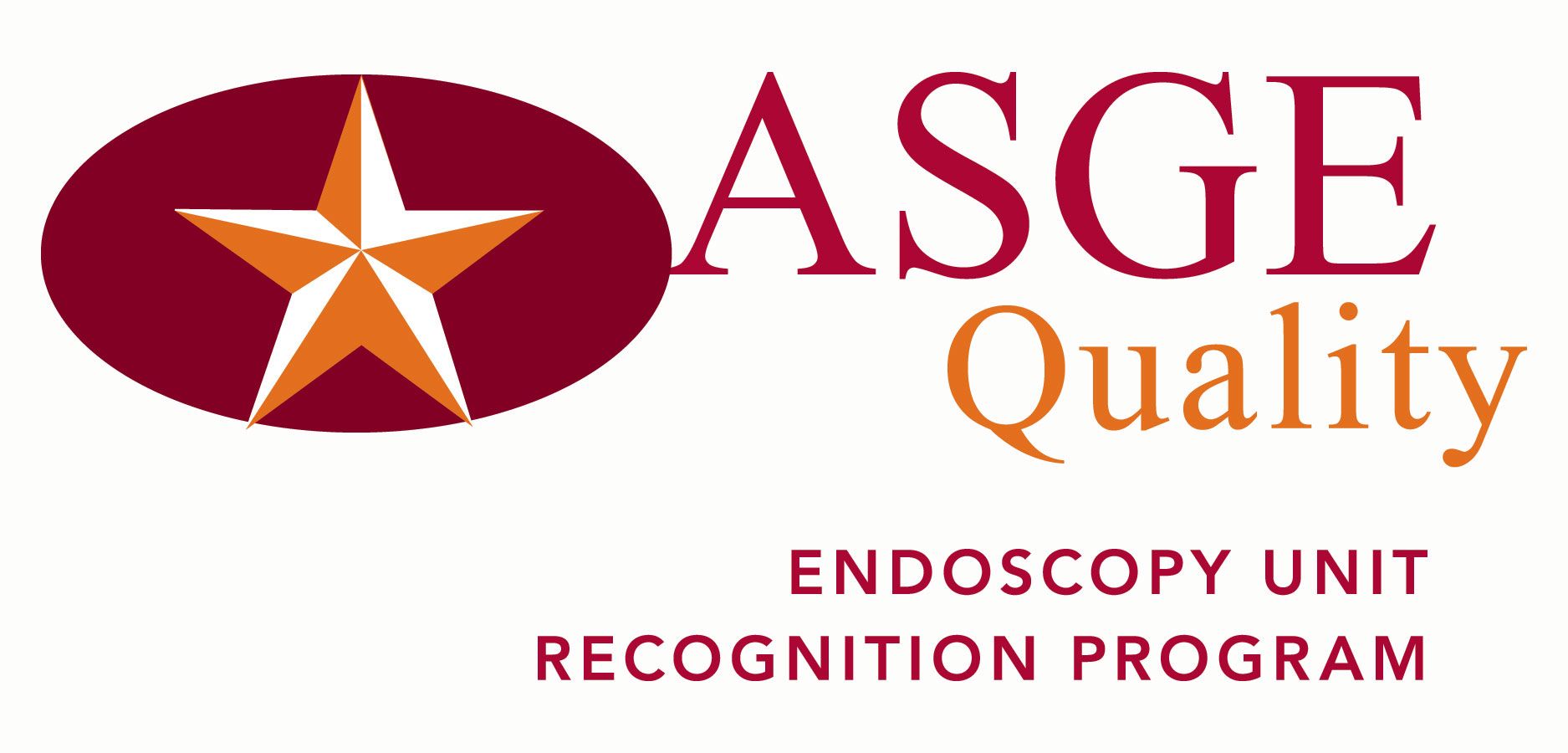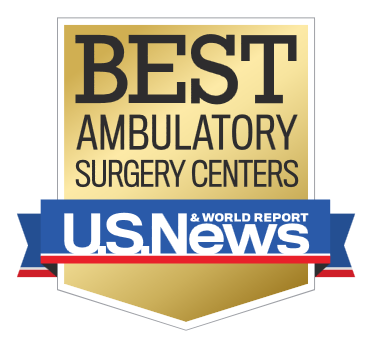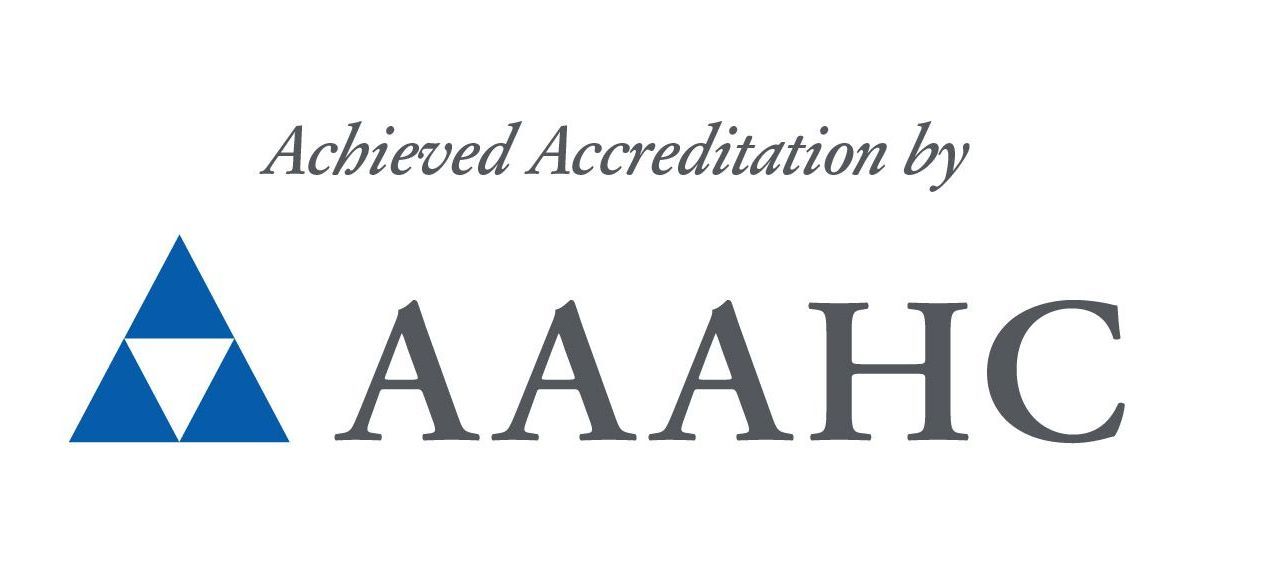Our Services
advanced evaluation & treatment
We provide a full spectrum of specialized services to address your digestive health needs. From routine screenings to advanced diagnostic and therapeutic procedures, our team is equipped with state-of-the-art technology and a wealth of expertise to ensure the highest standard of care. Explore our comprehensive range of services designed to support your gastrointestinal health at every stage of life.
Colonoscopy
A colonoscopy is a vital procedure for the early detection and prevention of colorectal cancer. During this examination, our gastroenterologists use a flexible tube with a camera to view the interior of your colon and rectum. This allows for the identification and removal of polyps before they become cancerous. Newest guidelines from the American Cancer Society recommend people at average risk of colorectal cancer start regular screening at age 45. High-risk individuals, such as those with a family history of colon cancer and other conditions, should begin screening earlier at age 40.
EGD (Upper Endoscopy)
EGD, or Upper Endoscopy, is a procedure where a thin, flexible tube with a camera is used to examine the lining of your esophagus, stomach, and the beginning of the small intestine. This procedure is essential for diagnosing issues such as acid reflux, ulcers, and other upper gastrointestinal disorders. It allows our specialists to take biopsies and treat certain conditions on the spot.
ERCP (Endoscopic Retrograde Cholangiopancreatography)
ERCP combines endoscopy and X-ray technology to diagnose and treat conditions affecting the bile ducts, pancreas, and gallbladder. It is particularly useful for identifying blockages, stones, and tumors. ERCP can also be used to place stents or remove stones from the bile duct, providing both diagnostic and therapeutic benefits.
Small Bowel Enteroscopy
Small Bowel Enteroscopy is a procedure used to explore and treat conditions within the small intestine. This procedure allows for the detection of sources of bleeding, tumors, or inflammatory conditions that are not visible through standard endoscopy or colonoscopy. It’s an essential tool for diagnosing obscure gastrointestinal bleeding and other small bowel conditions.
Biliary / Pancreatic Endoscopy
This specialized endoscopy is focused on the biliary and pancreatic ducts. It’s an advanced technique used to diagnose and manage conditions such as bile duct stones, strictures, and pancreatic duct disorders. It allows for precise intervention, including stone removal and stent placement, improving outcomes for complex biliary and pancreatic conditions.
Video Capsule Endoscopy
Video Capsule Endoscopy involves swallowing a small, pill-sized camera that captures images of your digestive tract as it moves through. This technology is particularly useful for examining the small intestine, where traditional endoscopy may not reach. It’s an invaluable tool for diagnosing sources of bleeding, Crohn’s disease, and other small bowel conditions.
Esophageal Manometry
Esophageal Manometry measures the pressure and muscle contractions in your esophagus as you swallow. This test is crucial for diagnosing conditions like achalasia, GERD, and other motility disorders that affect how food moves from the esophagus to the stomach. It provides detailed information to guide effective treatment plans.
Hydrogen Breath Test
The Hydrogen Breath Test is a simple, non-invasive procedure used to diagnose conditions like lactose intolerance and small intestinal bacterial overgrowth (SIBO). By measuring the amount of hydrogen in your breath after consuming specific sugars, we can identify how well your digestive system is functioning and pinpoint issues that may be causing symptoms like bloating, gas, and diarrhea.
Endoscopic Mucosal Resection (EMR)
Endoscopic Mucosal Resection (EMR) is a technique used to remove large polyps, tumors, or other abnormal tissues from the gastrointestinal tract without surgery. This minimally invasive procedure is crucial for treating pre-cancerous lesions in the digestive tract, allowing for effective treatment with minimal recovery time.
Infusion Center
Our Infusion Center provides specialized infusion therapies for patients with various gastrointestinal conditions, including Crohn’s disease, ulcerative colitis, and other inflammatory disorders. The center offers a comfortable environment where patients receive personalized care from our experienced medical team.
FibroScan
Early Detection is Your Best Defense Against Liver Disease
At Gastroenterology Associates, we proudly offer FibroScan, the latest non-invasive technology for assessing liver health. This painless procedure measures liver stiffness and fat levels, providing valuable information about conditions such as fatty liver disease, fibrosis, and other liver-related issues. The scan takes only 5 to 10 minutes, with results available immediately, allowing for timely and personalized treatment. The key benefits of FibroScan include:
- Non-invasive and painless: No needles or biopsies required.
- Quick and convenient: Completed in just minutes.
- Accurate liver assessment: Detects liver stiffness and fat, which are key indicators of liver health.
- Covered by most insurance plans: Making it accessible for the majority of patients.
FibroScan is FDA-cleared and aids in early detection of liver conditions, enabling lifestyle changes or treatments that can help prevent further liver damage. Schedule your FibroScan today to take charge of your liver health.
Bravo Reflux Testing
Comfortable, Advanced Test for Diagnosing Acid Reflux
Gastroenterology Associates offers Bravo Reflux Testing, a cutting-edge diagnostic tool for patients experiencing chronic acid reflux (GERD) or heartburn. This minimally invasive test measures and records the acidity (pH) levels in the esophagus over a 48 to 96-hour period, providing crucial data for evaluating reflux symptoms. The test is catheter-free, offering patients a more comfortable experience compared to traditional methods. Key benefits of Bravo Reflux Testing include:
- Extended monitoring: Tracks acid reflux over up to 96 hours for more accurate results.
- Catheter-free comfort: Unlike older methods, Bravo uses a small capsule attached to the esophagus, allowing patients to go about their normal activities.
- Comprehensive data: Helps physicians assess the severity of acid reflux and tailor treatment plans based on detailed results.
- Improved diagnosis: Offers superior accuracy in diagnosing GERD compared to other tests.
Patients simply wear a small receiver that records reflux episodes and pH levels, enabling your gastroenterologist to develop a personalized and effective treatment plan. If you suffer from persistent heartburn or acid reflux, Bravo Reflux Testing can provide the answers needed to manage your condition.
Flexible Sigmoidoscopy
Sigmoidoscopy enables the physician to look at the inside of the large intestine from the rectum through the last part of the colon, called the sigmoid colon. Physicians may use this procedure to find the cause of diarrhea, abdominal pain, or constipation. They also use sigmoidoscopy to look for early signs of cancer in the colon and rectum. With sigmoidoscopy, the physician can see bleeding, inflammation, abnormal growths, and ulcers.
CALL TODAY TO SCHEDULE A COLONOSCOPY EXAM.
If you are healthy and have no symptoms, call 828-624-1358 to schedule a screening colonoscopy. A registered nurse will take your medical history over the phone and schedule your appointment. If you are having symptoms, you need a referral from your Primary Care Physician.




